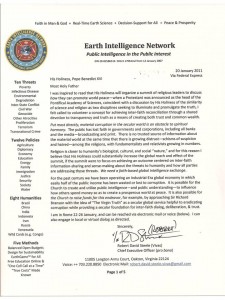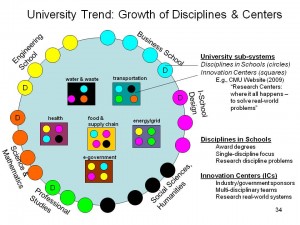NIGHTWATCH Complete Report for 28 January 2011
Jordan: Protesters across Jordan called for the government to step down. In Amman, more than 5,000 marched. Demonstrators chanted anti-government slogans, blamed the government for rising prices and called for the resignation of Prime Minister Samir Rifai.
Egypt: Today was the Day of Rage and so it has been. Roughly an hour after Friday prayers, the demonstrations began in Cairo, Suez and Alexandria, then spread and continued into the night. Buildings were set alight; curfews ignored and the Army moved in. The night closed with President Mubarak's mildly concessional speech which promises to incite the protesters, more than placate them. Expect more confrontations on 29 January.
Special comment: Background. Research and analysis of more than 50 internal instability episodes since 1980, NightWatch has tracked order in what appears to be chaotic security situations. Once internal discontent metamorphoses into a breakdown of public order, the government begins searching for a set of responses that will halt the decline in its fortunes. A government will follow a three-phase cycle in applying different ideas and resources alternately to placate or crush an insurrection or to buy time to try to find “a line it can hold.” That phrase refers to a set of actions over an expanse of national territory that will stabilize internal conditions.
If the government finds a set of responses that match the protestors' grievances, the downward cycle can be halted. If not, it will continue until the government falls or is changed, usually by the Army, the ultimate guardians of the state.
Below the line: complete NightWatch analytics, followed by comment on Davies J-Curve and Power of the Powerless.







